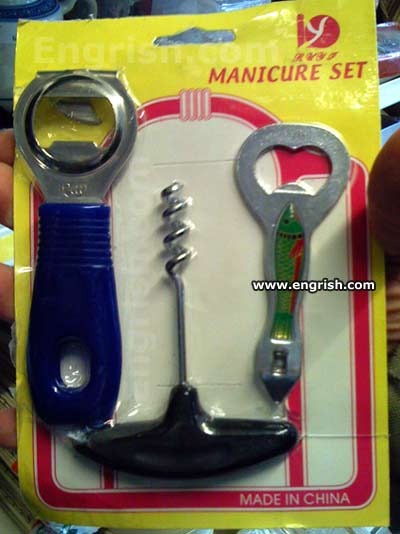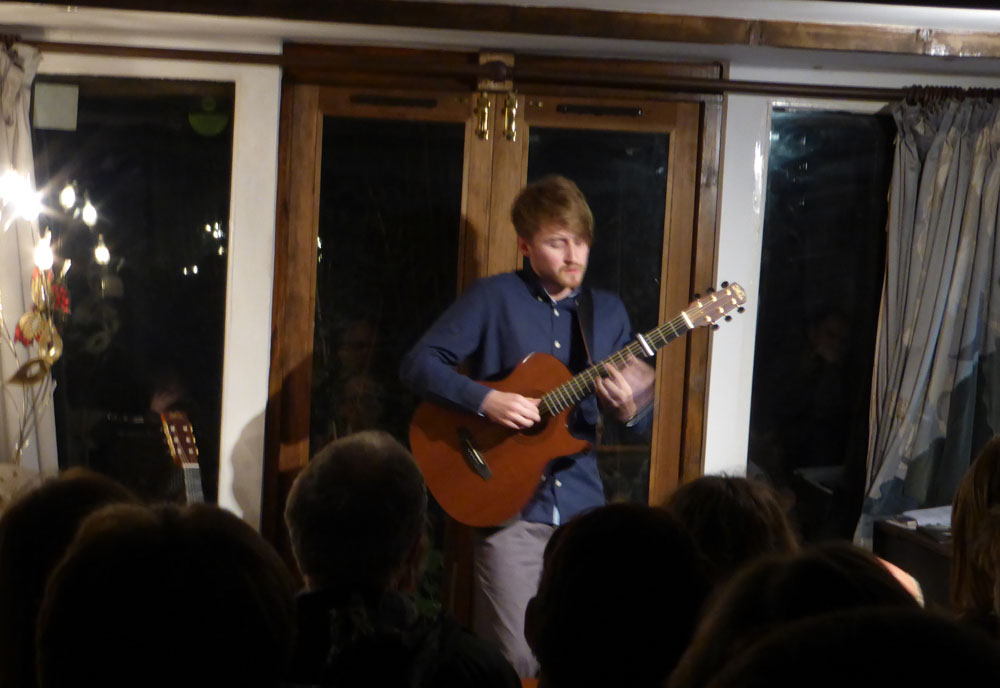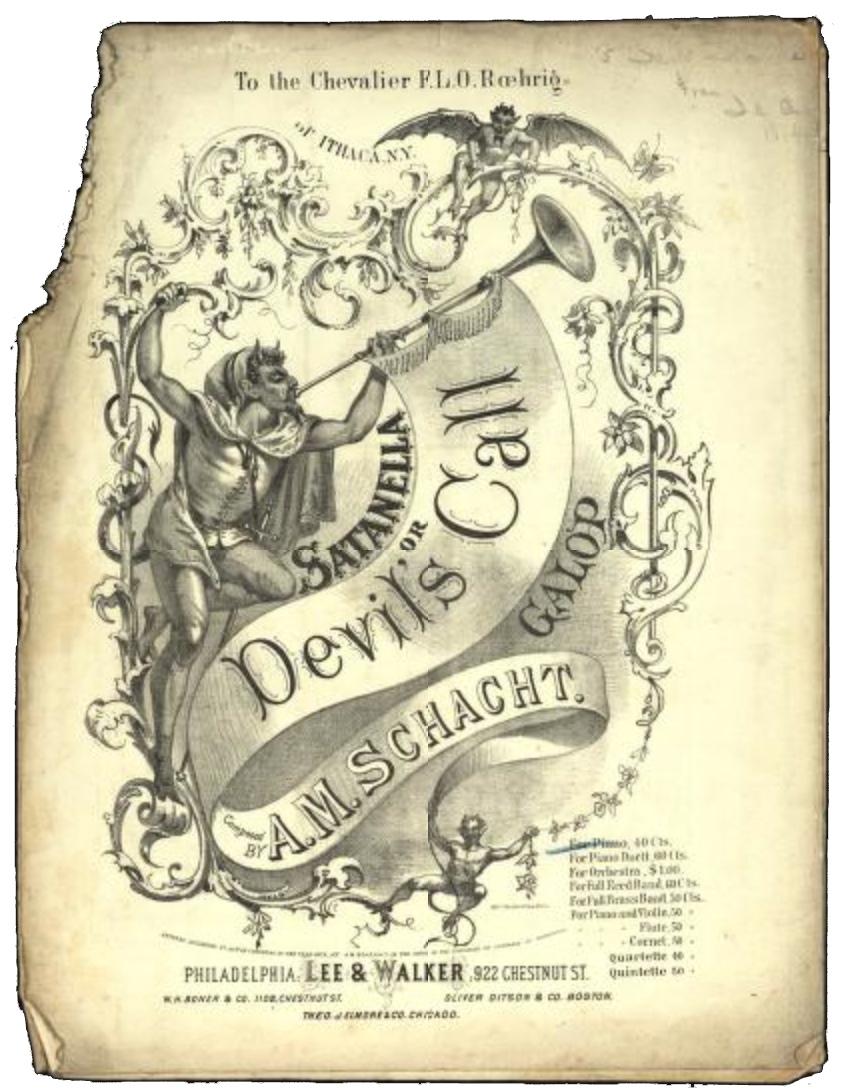
This is an audio interview and music from Les Frères Méduses at the Radio Station KUTX
Benoît Albert andRandall Aver describe the quality of their collaborations as having the connotation of free flowing water, surrealism, and the slightly humorous title of their duo suited the music that they create together.
The French adjective médusé also translates to “mesmerized” or “dumbfounded”, the perfect words to describe the feelings elicited by this sensational guitar duo’s music. Albert and Avers both exhibit a formal education in classical guitar performance, composition and improvisation, and their combined skill will certainly leave you breathless. Aside from performing classical guitar music together, the duo has also written original film scores for silent films such as 1927’s The Unknown.









 Cynthia Turner
Cynthia Turner

